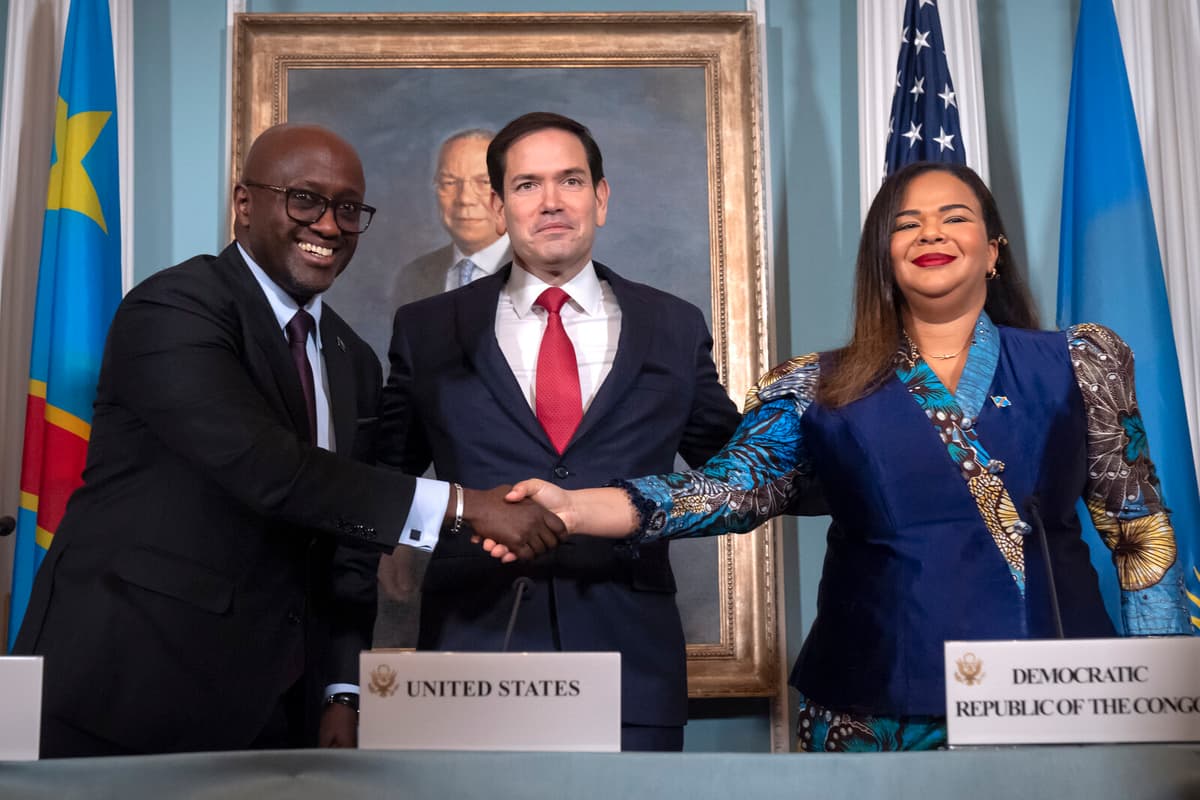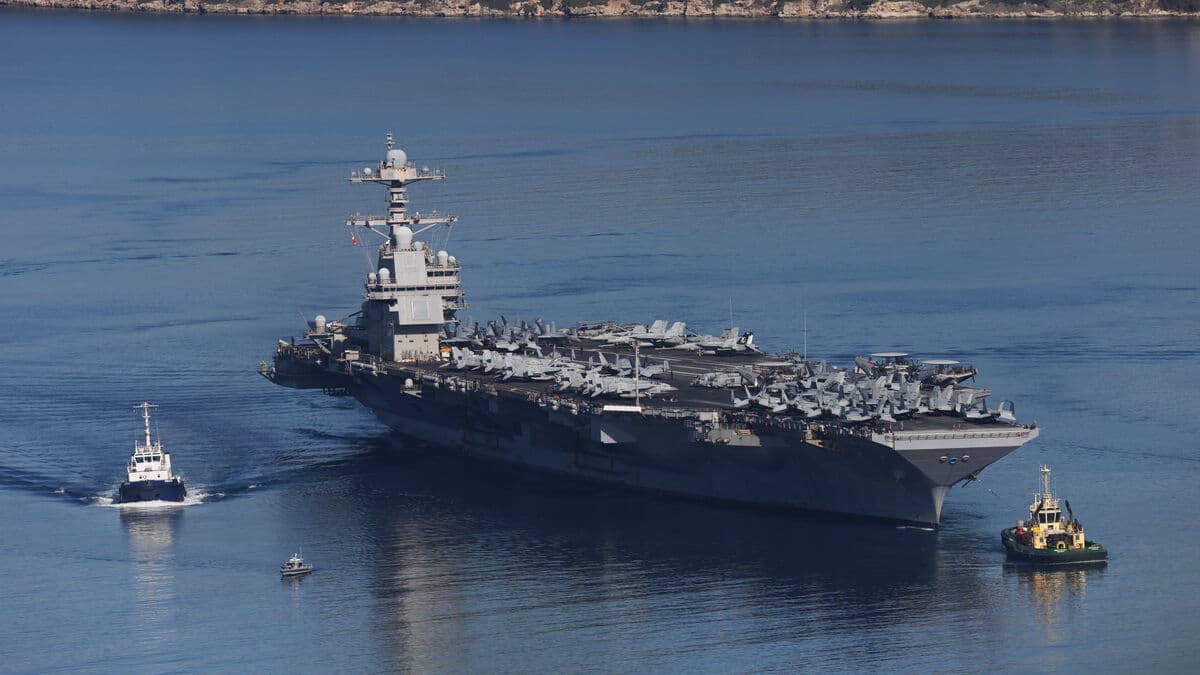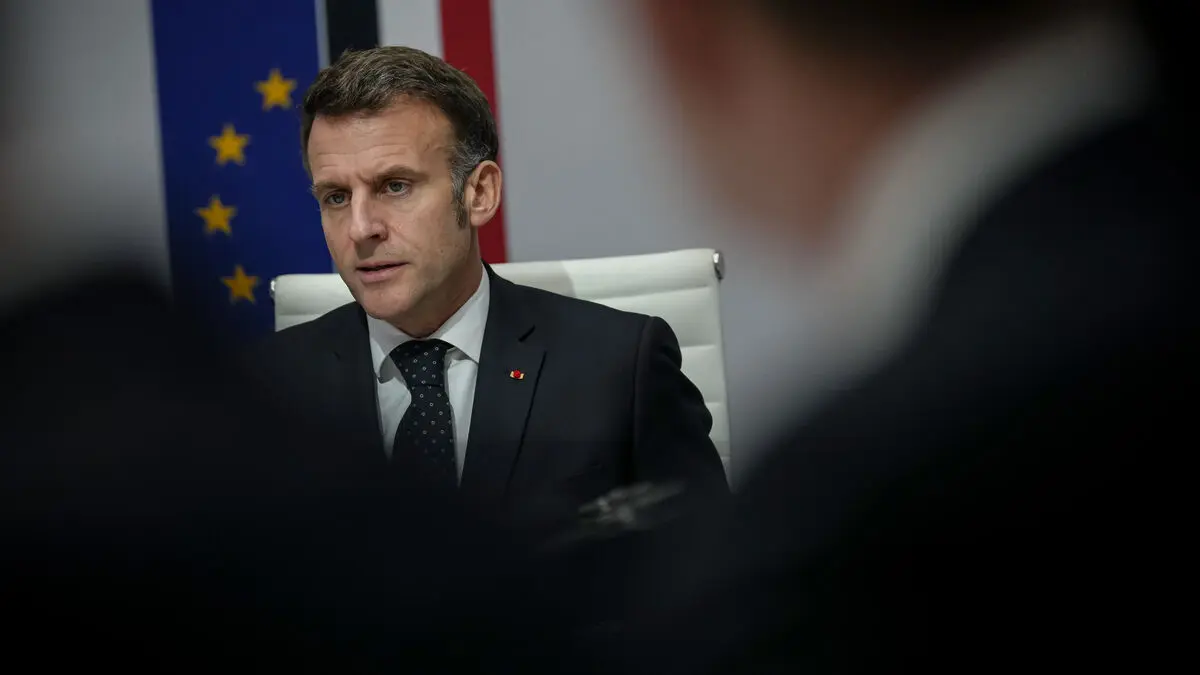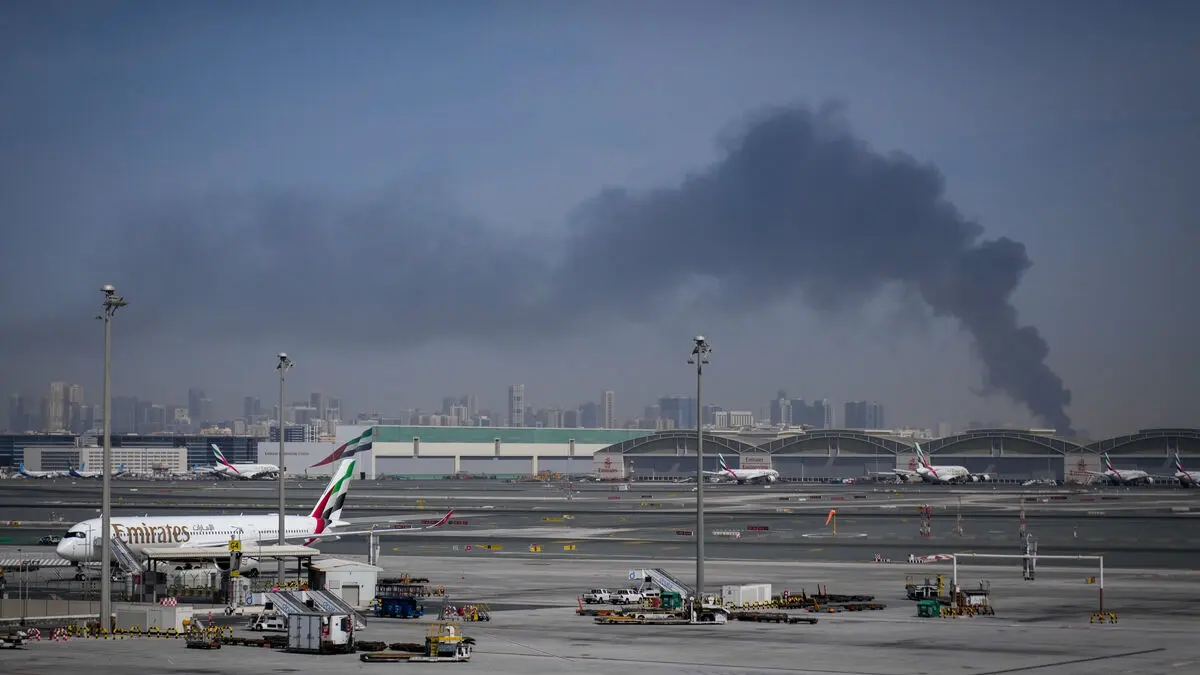In July, at least 140 civilians were killed in 14 villages near the Virunga national park, according to a report from Human Rights Watch (HRW) released on Wednesday. The victims were mainly ethnic Hutus and the Rwanda-backed militia group M23 is accused of the massacre. A similar report came from the UN at the beginning of August, where M23, with the support of Rwandan soldiers, is accused of having killed at least 319 civilians in several villages between July 9 and 21.
For HRW, eyewitnesses describe the killing continuing until the end of July. They describe victims with their throats cut while others have been shot to death. A man saw his wife and their three children killed, where the youngest child was nine months and the oldest ten years.
Torture and kidnappings
Amnesty also accuses M23 of serious abuses, according to a new report. The militia Wazalendo, which is allied with the Congolese government forces, is also accused. The human rights organization has documented group rapes where women in some cases have been tied up inside military camps, but also executions, torture, and kidnappings from hospitals in the border town of Goma in eastern Congo-Kinshasa.
The violence occurred just weeks after Congo-Kinshasa and its neighboring country Rwanda signed a peace agreement in Washington on June 27. It concerns the mineral-rich eastern parts of the country, which have been conflict-ridden for decades. The situation escalated when M23 captured large areas at the beginning of the year.
Still no ceasefire
Rwanda denies that the country supports M23 and the group's gains are not mentioned in the agreement, but Rwanda is urged to end the "defensive measures" taken. At the same time, Congo-Kinshasa undertook to "neutralize" FDLR, a Hutu militia that was formed in the aftermath of the genocide in Rwanda in 1994.
The violence also occurred at the same time as M23 and Congo-Kinshasa signed a declaration of principle on a permanent ceasefire on July 19. They were then supposed to sign the agreement on August 18, but it has not yet happened.
The vast Congo-Kinshasa in Central Africa got its borders during the colonial era – without consideration for the inhabitants and the traditional kingdoms that were then forced together.
The country is very rich in natural resources, but despite this, poverty has been great both during the colonial era and after independence from Belgium in 1960.
In 1998, war broke out after large numbers of refugees flowed into the country from Rwanda. Hundreds of thousands of people were killed and the civilian population was subjected to horrific abuses.
The war formally ended in 2003, but the struggle over who should control the country's vast natural resources has continued and led to new violence erupting at regular intervals, especially in the eastern parts of the country.
Source: UI/Landguiden






